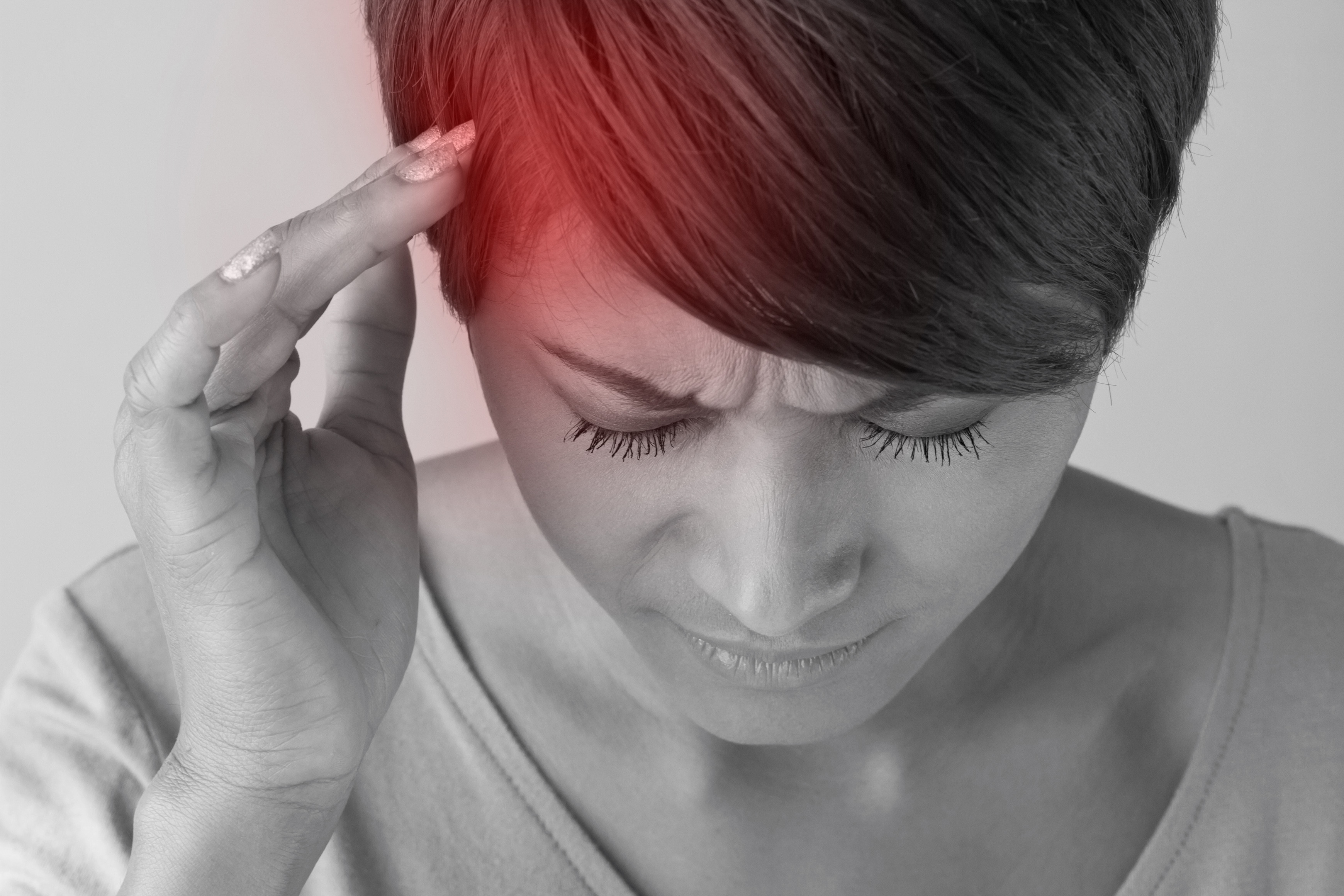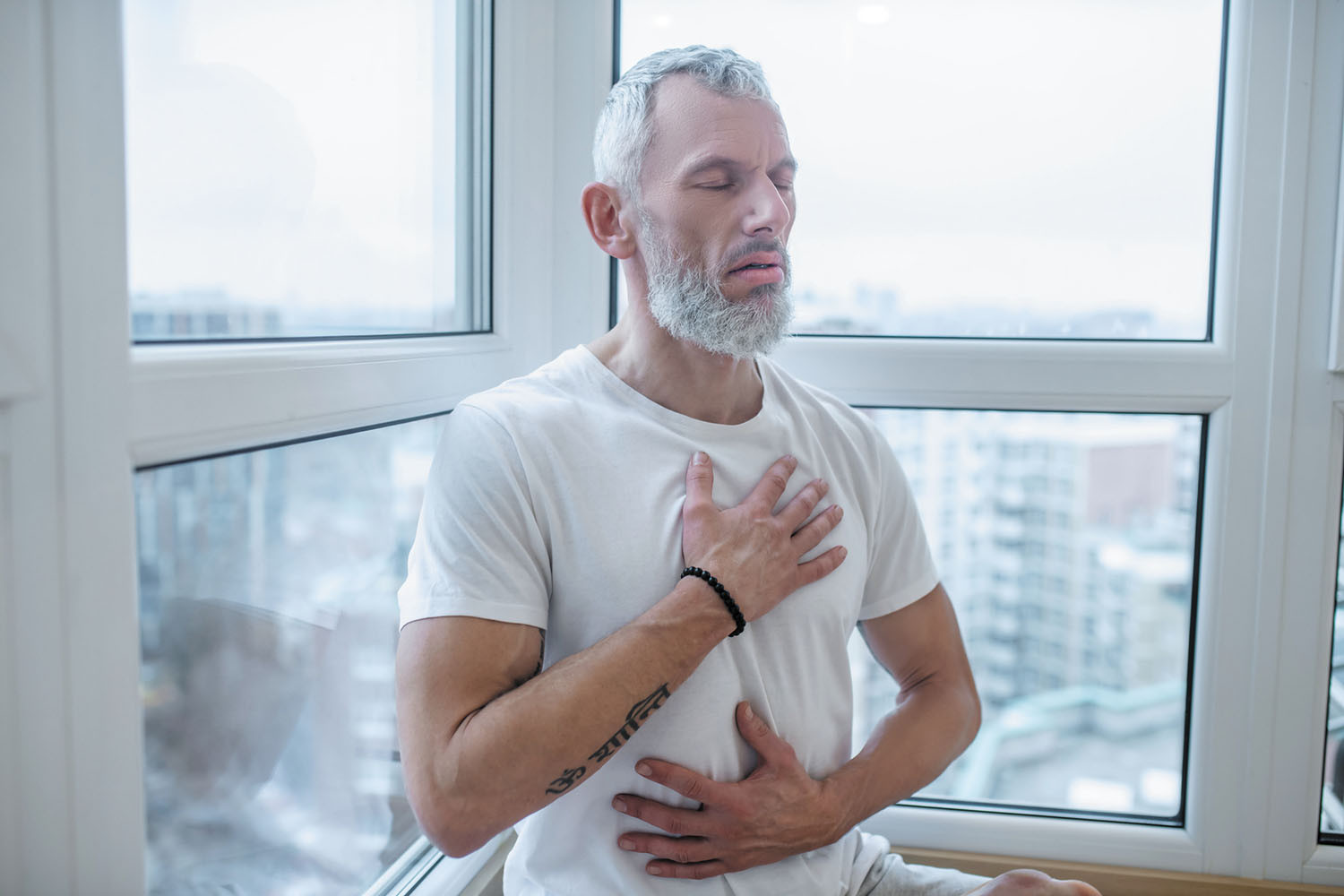
New thinking about plaque in arteries that feed the brain

Want to prevent shifting teeth? Maybe you need retainers

What you need to know about the new dietary guidelines

Food that’s healthier for people and planet can be cheaper, too

New evidence that polyphenol-rich foods help the heart

8 simple ways to reduce ultra-processed foods in your diet

How to curb your stress eating

How to spot Parkinson’s disease symptoms

Heart failure symptoms in women: How they’re different

GERD diet: Foods to avoid to reduce acid reflux
Mind & Mood Archive
Articles
Does poor sleep diminish the cognitive benefits of exercise?
In a 2023 study, among people age 50 or 60 who reported high rates of exercise, those who said they slept less than six hours per night had faster rates of cognitive decline over the next 10 years than those who said they got six to eight hours of sleep per night.
10 ways to find purpose in life
Having a sense of purpose is linked to important health benefits, such as longevity and sharp thinking skills. There are many ways to cultivate a sense of purpose. Ideas include thinking about one's strengths or skills and how to apply them; becoming a mentor; volunteering time to a worthy cause; reading Viktor Frankl's book Man's Search for Meaning; writing about lived experiences and sharing the information with family or friends; and thinking of longtime dreams and ways to achieve elements of them.
"Unsticking" sticky thoughts
It's hard to get rid of sticky thoughts, which play repeatedly in the mind and cause distress. Strategies that can help include going for a walk, staying busy by scheduling activities, limiting worry time to one specific period of each day, and talking to family and friends. If sticky thoughts don't go away after a few weeks, it might be time to talk to a primary care doctor or a therapist. Treatment might involve cognitive behavioral therapy, which helps someone recognize sticky thoughts and redirect them in ways that are less negative and more manageable.
Get back your social life to boost thinking, memory, and health
Staying socially active is associated with cognitive benefits and may play a role in longevity, stress reduction, and controlling mood. If a person has been out of touch with friends for a long time, one way to restart contact is to send a brief message asking how they're doing or recalling a shared activity. If the person reciprocates, the next step might be to suggest a meeting, ask to get together, or schedule a catch-up phone call or video chat.
Is online gambling harming you?
Online gambling is a popular and growing business, but for millions of Americans, what begins as occasional fun can lead to devastating problems. Trouble with gambling often builds gradually and severe gambling problems share risk factors with substance-related disorders.
Try this: Take a tactical breather
Tactical breathing used by military and law enforcement personnel can help people manage anxiety and stay mentally sharp during stressful situations. It can also help calm a racing mind or soothe pain.
Lending a helping hand
People who devote time to helping others are often happier than those who don't. Serving others also helps brain health by increasing social connections, which can protect against loneliness and depression, and improving executive function skills like planning, attention, and remembering tasks. Common ways to help others include volunteering, mentoring, random acts of kindness, and seeing life from another person's perspective.
Grief can raise blood pressure
A 2023 study suggests that extreme grief after losing a loved one can raise people's systolic blood pressure, posing cardiovascular risks.
Mastering memory maintenance
Memory loss is a pervasive worry. Dementia will affect an estimated nine million Americans by 2030 and 12 million by 2040. A 2023 study suggests six healthy lifestyle factors can significantly slow memory decline: eating a healthy diet, exercising regularly, not smoking, not drinking alcohol, being socially active, and engaging in brain-challenging activities. Another 2023 study suggests regular Internet use may be linked to a lower risk of dementia.

New thinking about plaque in arteries that feed the brain

Want to prevent shifting teeth? Maybe you need retainers

What you need to know about the new dietary guidelines

Food that’s healthier for people and planet can be cheaper, too

New evidence that polyphenol-rich foods help the heart

8 simple ways to reduce ultra-processed foods in your diet

How to curb your stress eating

How to spot Parkinson’s disease symptoms

Heart failure symptoms in women: How they’re different

GERD diet: Foods to avoid to reduce acid reflux
Free Healthbeat Signup
Get the latest in health news delivered to your inbox!
Sign Up











